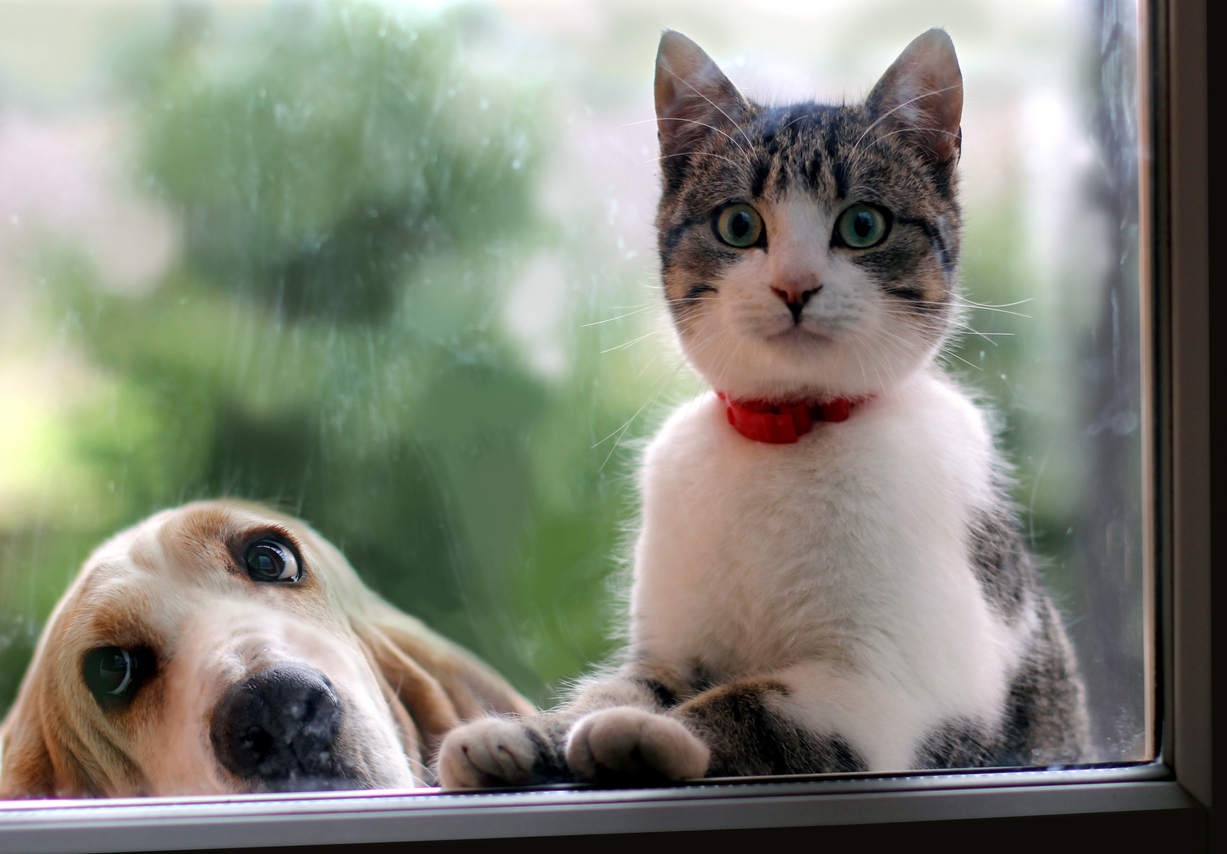
Findings highlight importance of contact between healthy companion animals and humans to the spread of resistant bugs that may lead to potentially untreatable infections in the community.
**Note: the release below is a special early release from the European Congress of Clinical Microbiology & Infectious Diseases (ECCMID 2022, Lisbon, 23-26 April). Please credit the conference if you use this story**
Healthy pet dogs and cats could be passing on antibiotic-resistant bacteria as well as genes that play a key role in bacterial resistance to their owners, according to new research to be presented at this year’s European Congress of Clinical Microbiology & Infectious Diseases (ECCMID) in Lisbon, Portugal (23-26 April). The study is by Dr Juliana Menezes from the University of Lisbon in Portugal and Dr Sian Frosini from the Royal Veterinary College, UK, and colleagues.“Our findings verify not only the sharing of antibiotic resistant bacteria but also of resistance genes between companion animals and their owners in the community, underscoring the need for continuous local surveillance programmes to identify the potential risk to human health”, says Dr Menezes from the University of Lisbon.
The role of companion animals as potential reservoirs of antimicrobial-resistant bacteria is a growing concern worldwide. Escherichia coli (E. coli) bacteria are common in the intestines of healthy people and animals. There are a number of different types and, while the majority are harmless, some can cause serious food poisoning and life-threatening infections, including blood poisoning, with over 40,000 cases each year in England alone.
Read more...







